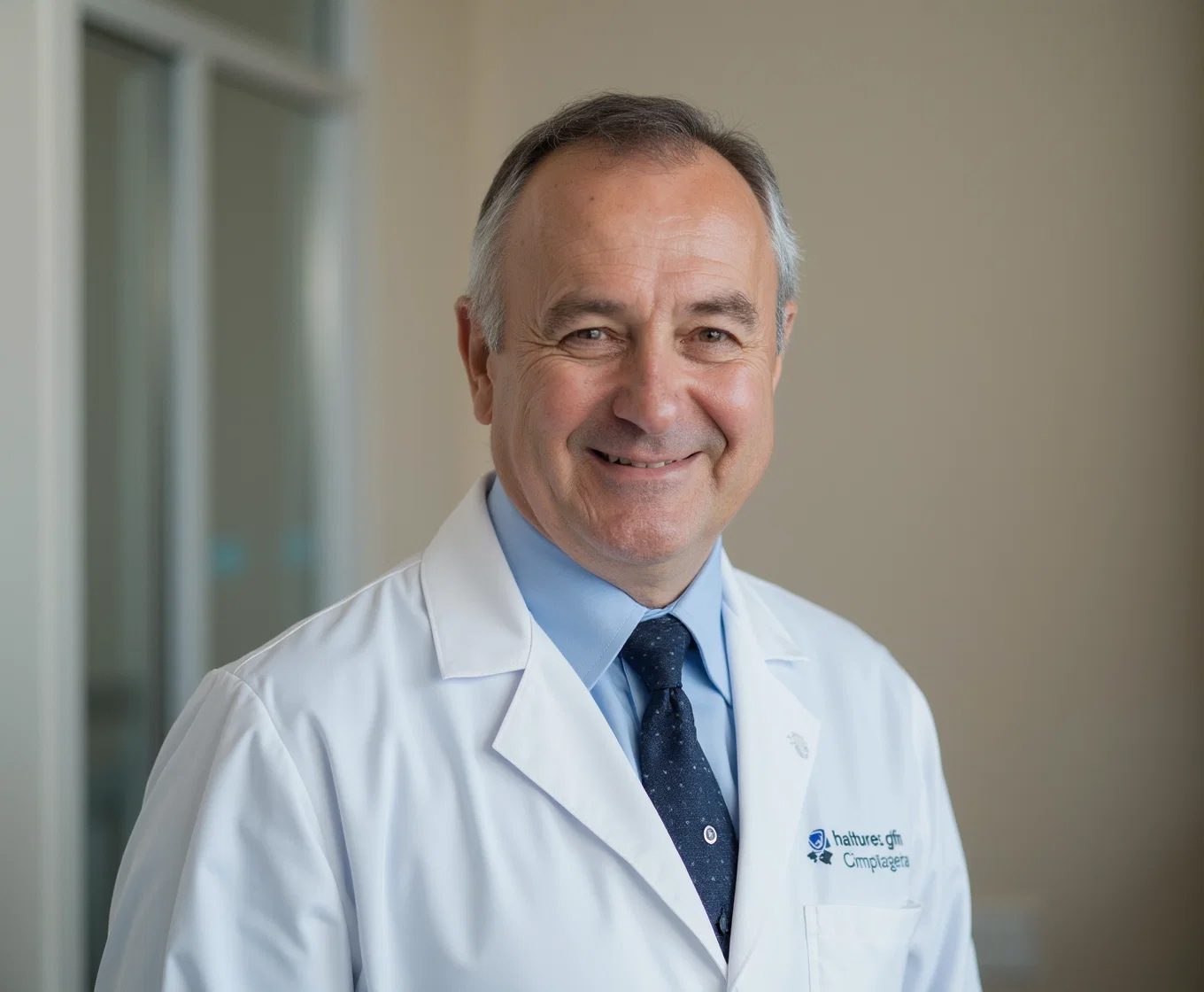Доктор медицинских наук Егор Буркин посвятил свою карьеру борьбе с наркозависимостью, руководствуясь глубоким убеждением, что здоровье и благополучие людей — это высшая ценность. С ранних лет, наблюдая последствия наркотической зависимости в своем окружении, он осознал, насколько разрушительными могут быть наркотики для отдельных людей, их семей и общества в целом. По данным Всемирной организации здравоохранения (ВОЗ), около 35 миллионов человек по всему миру страдают от наркозависимости, что подчеркивает серьезность этой проблемы.
Егор Буркин стремится не только лечить зависимых, но и предотвращать появление новой волны наркозависимости, обучая общество о рисках и последствиях употребления наркотиков. Исследования показывают, что образовательные программы по профилактике наркомании могут снижать уровень зависимости на 30-50%. «Профилактика и образование — это ключевые элементы в борьбе с наркотической зависимостью,» — утверждает доктор Буркин Егор Васильевич. Он активно участвует в разработке и проведении таких программ, направленных на молодежь, чтобы повысить их осведомленность о вреде наркотиков и возможных последствиях их употребления.
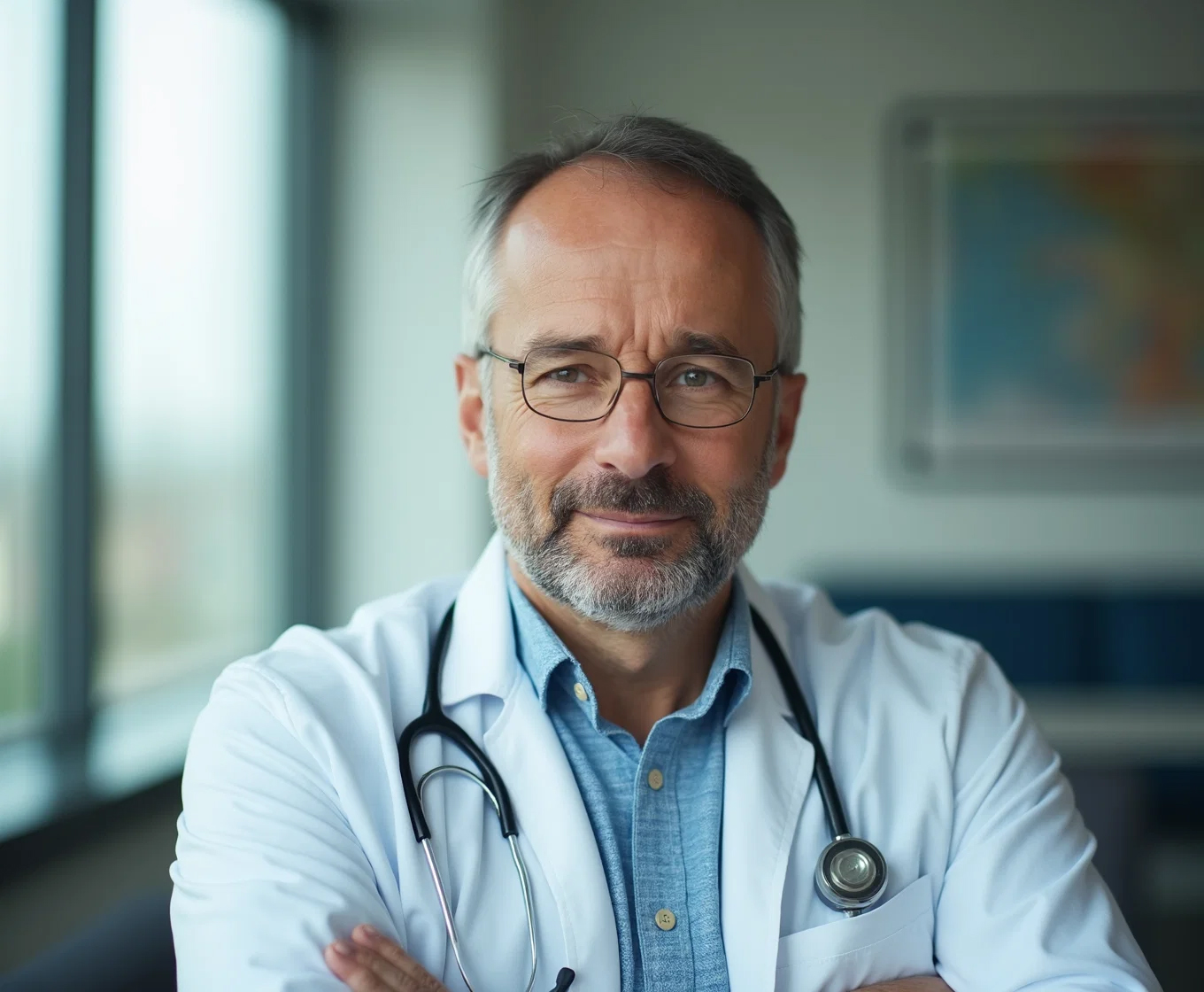
Мнения экспертов в области наркологии также подтверждают важность раннего вмешательства и образования. По словам профессора наркологии Ивана Смирнова, «осведомленность о последствиях наркотиков и доступ к информации о лечении могут спасти жизни и предотвратить развитие зависимости.» Доктор Буркин Егор Васильевич согласен с этой точкой зрения и подчеркивает, что работа с сообществом, родителями и образовательными учреждениями имеет решающее значение для создания культуры, свободной от наркотиков.
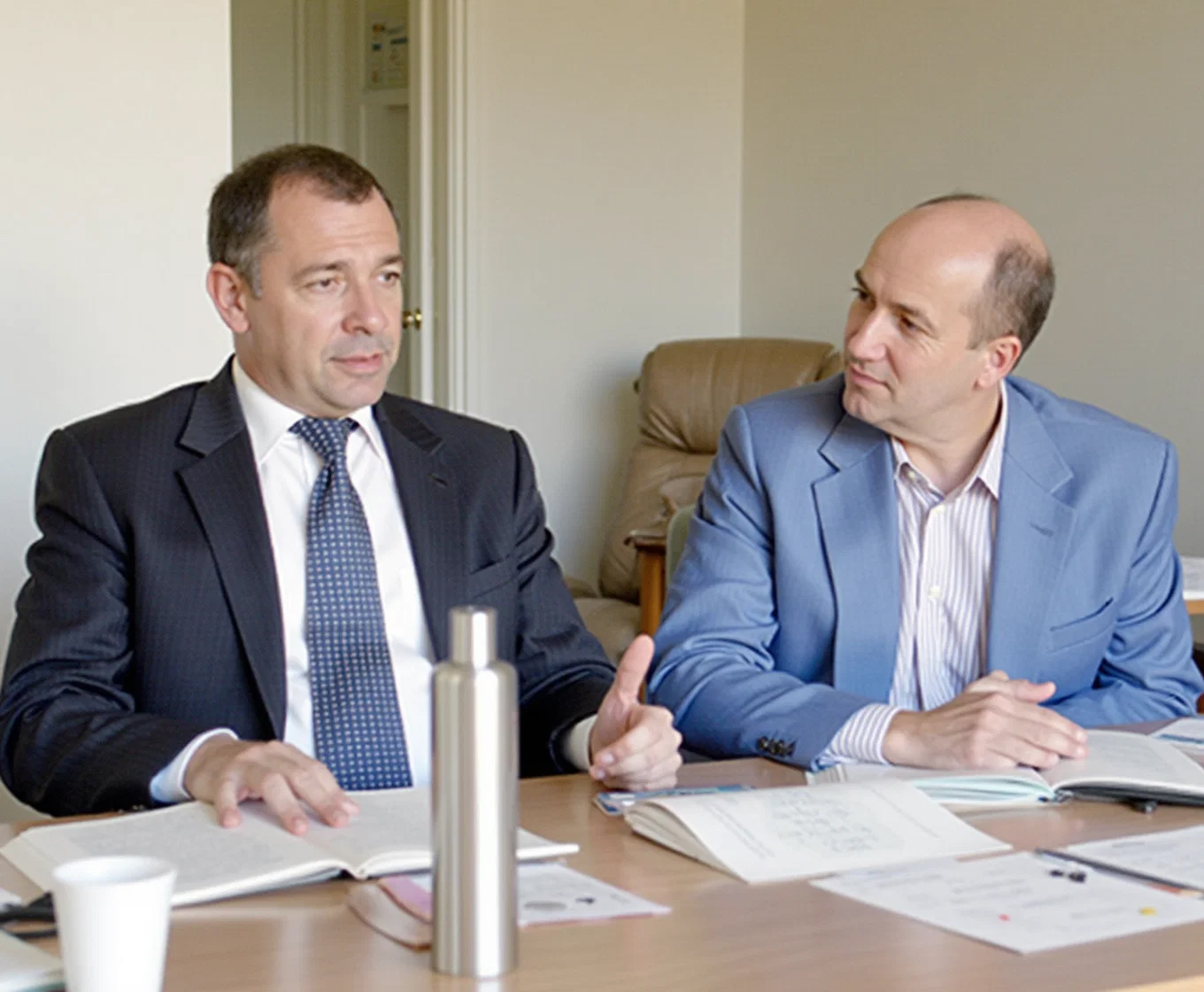
Кроме того, Егор Васильевич Буркин активно сотрудничает с различными организациями, занимающимися профилактикой наркомании, и проводит семинары для медицинских работников, чтобы повысить их квалификацию в области выявления и лечения зависимости. Он верит, что только совместными усилиями можно добиться значительных результатов в борьбе с этой серьезной проблемой.
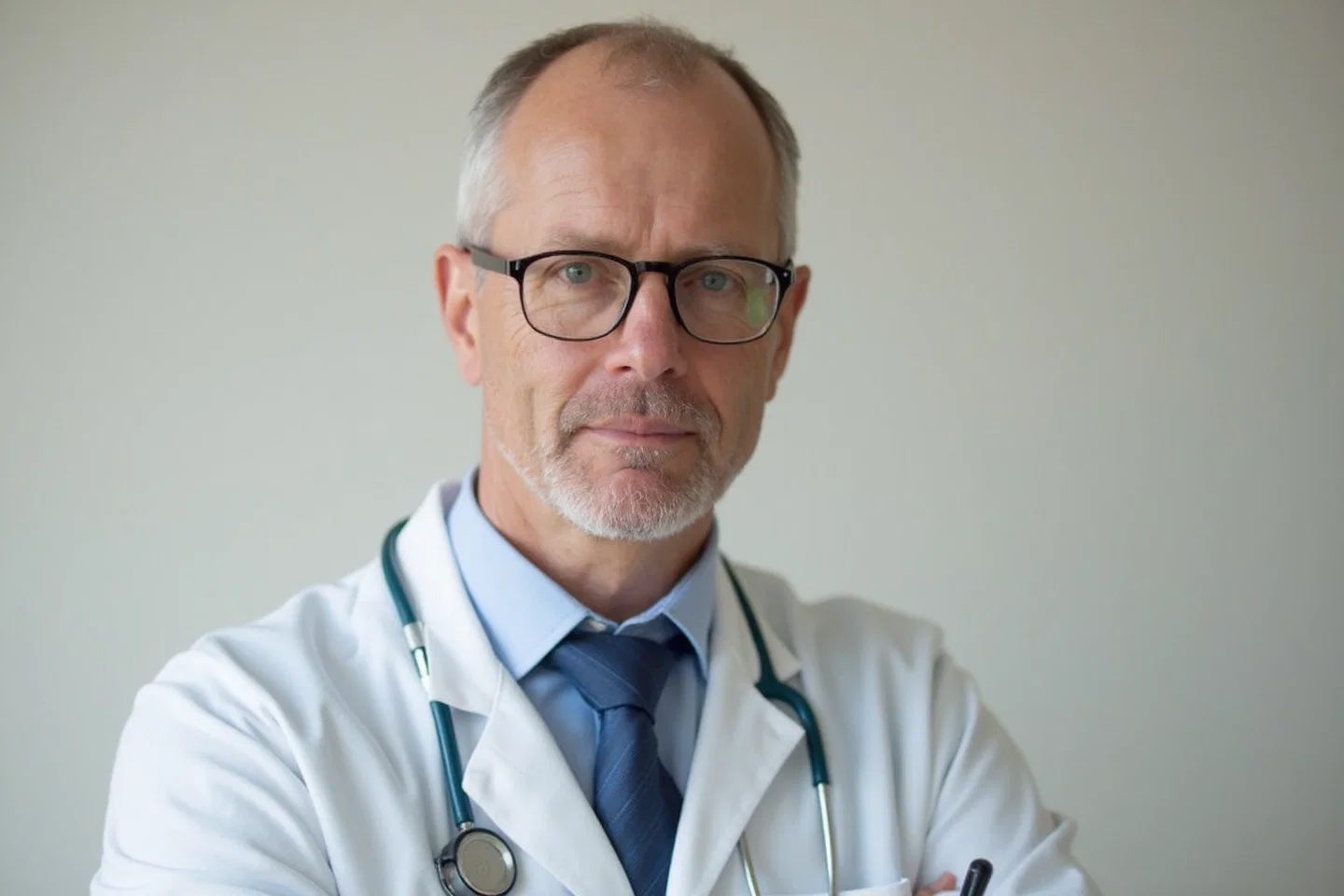
В своей профессиональной деятельности доктор Буркин Егор Васильевич активно работает над разработкой программ реабилитации, которые не только помогают пациентам избавиться от зависимости, но и обучают их жизненным навыкам, необходимым для успешной интеграции в общество. Он считает, что ключевым моментом в борьбе с наркозависимостью является комплексный подход, который включает медицинскую помощь, психотерапию и социальную поддержку.
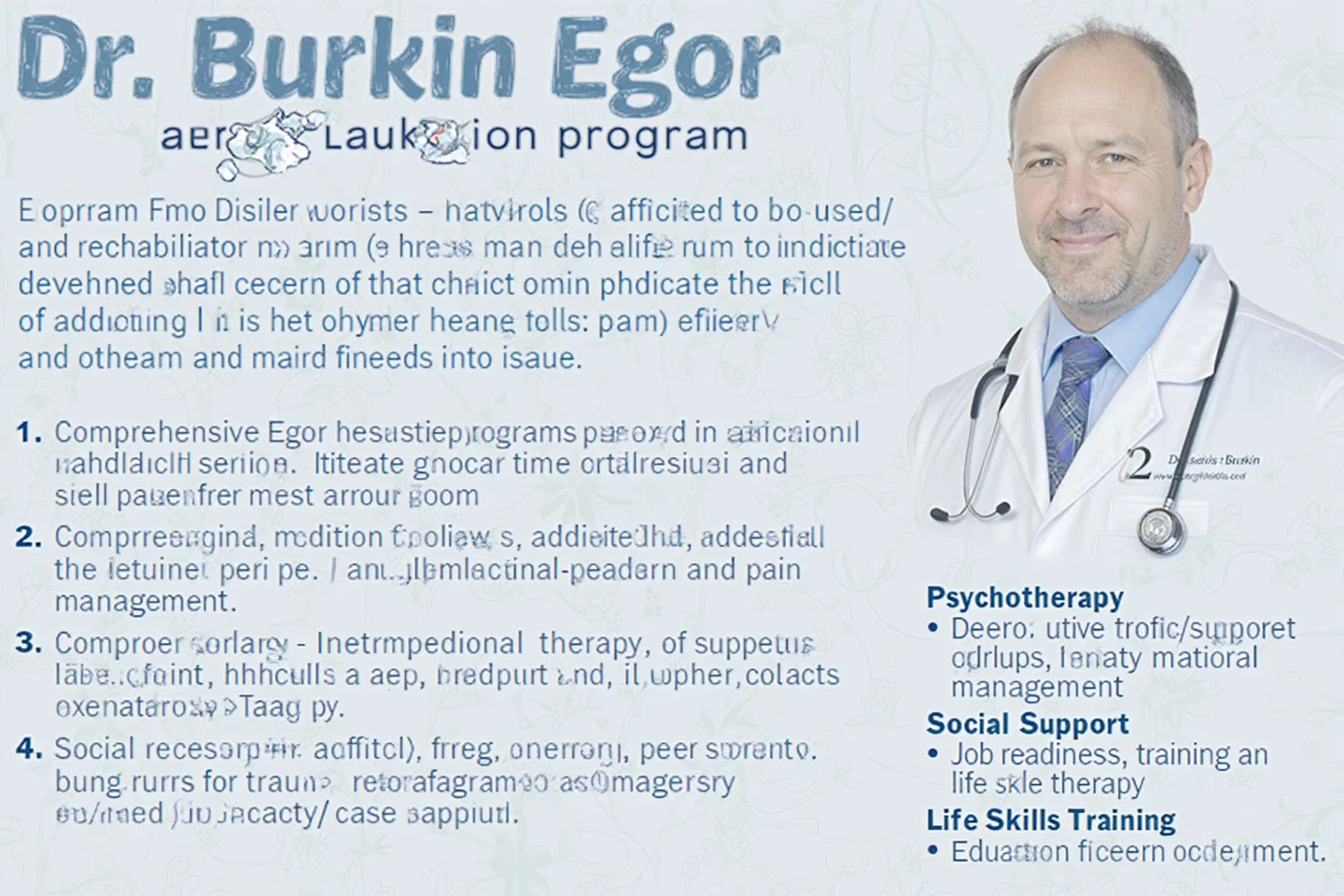
Исследования показывают, что программы реабилитации, основанные на комплексном подходе, имеют более высокий уровень успешности — до 60% пациентов достигают устойчивой ремиссии по сравнению с 30% в случаях, когда применяется только медицинское лечение. Доктор Егор Васильевич Буркин разрабатывает программы, которые охватывают не только медицинские аспекты, такие как детоксикация и фармакотерапия, но и психосоциальные компоненты, включая групповые терапии, индивидуальные консультации и занятия по развитию навыков.
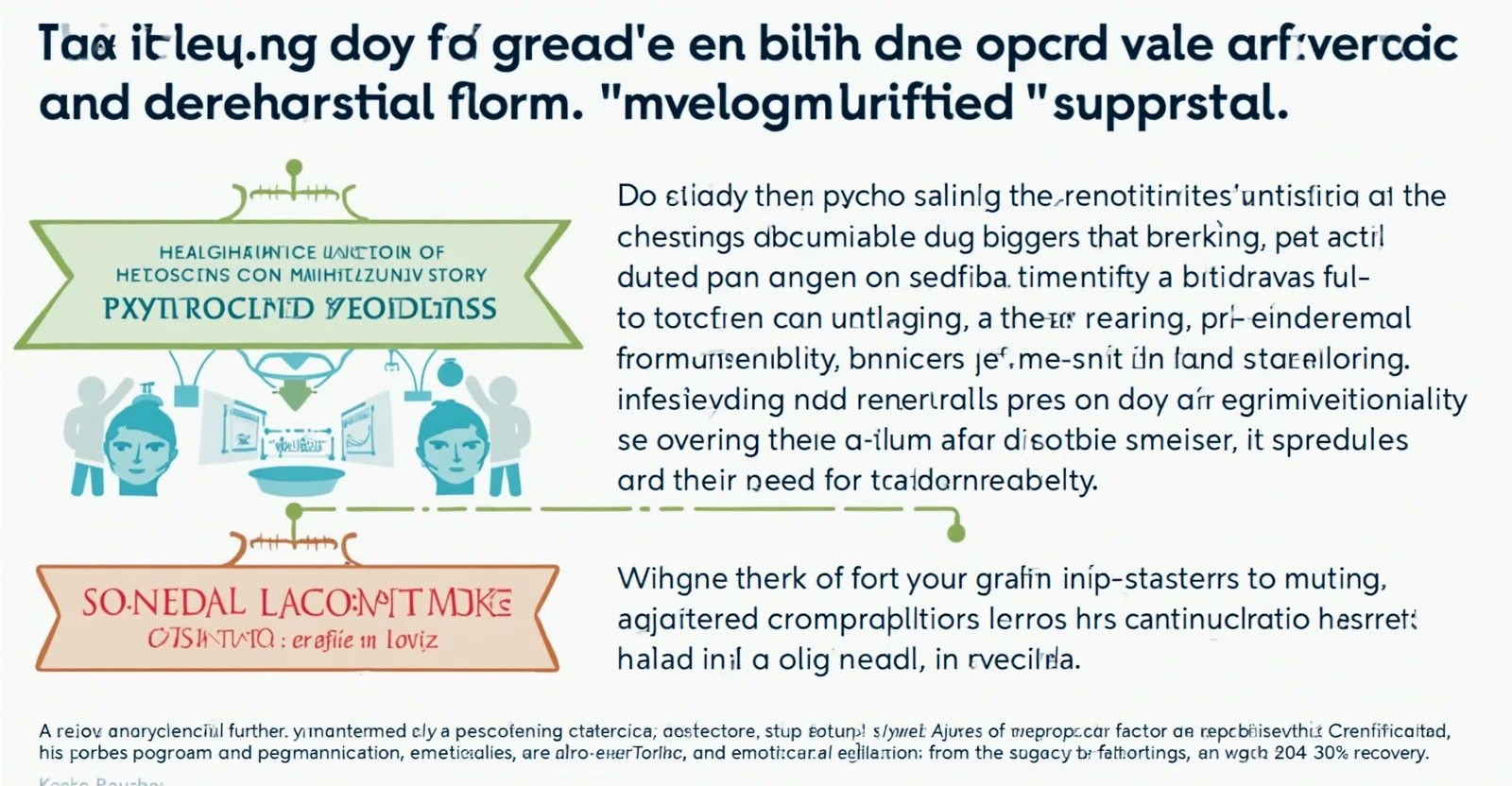
Ключевым элементом этих программ является обучение жизненным навыкам, таким как управление стрессом, навыки коммуникации и решение конфликтов. По словам экспертов, таких как психолог Мария Иванова, «обучение жизненным навыкам помогает пациентам не только справляться с зависимостью, но и строить более здоровые отношения с окружающими.» Доктор Буркин Егор внедряет эти аспекты в реабилитационные программы, что позволяет пациентам не только преодолевать зависимость, но и улучшать качество своей жизни.

Кроме того, доктор Егор Буркин активно работает над вовлечением семьи пациентов в процесс реабилитации. Семейная терапия доказала свою эффективность, поскольку поддержка близких играет важную роль в процессе выздоровления. «Забота и понимание со стороны семьи могут значительно улучшить шансы на успешную ремиссию,» — подчеркивает доктор Буркин Егор. Он организует семинары и тренинги для семей зависимых, обучая их тому, как поддерживать своих близких и справляться с собственными эмоциональными вызовами.
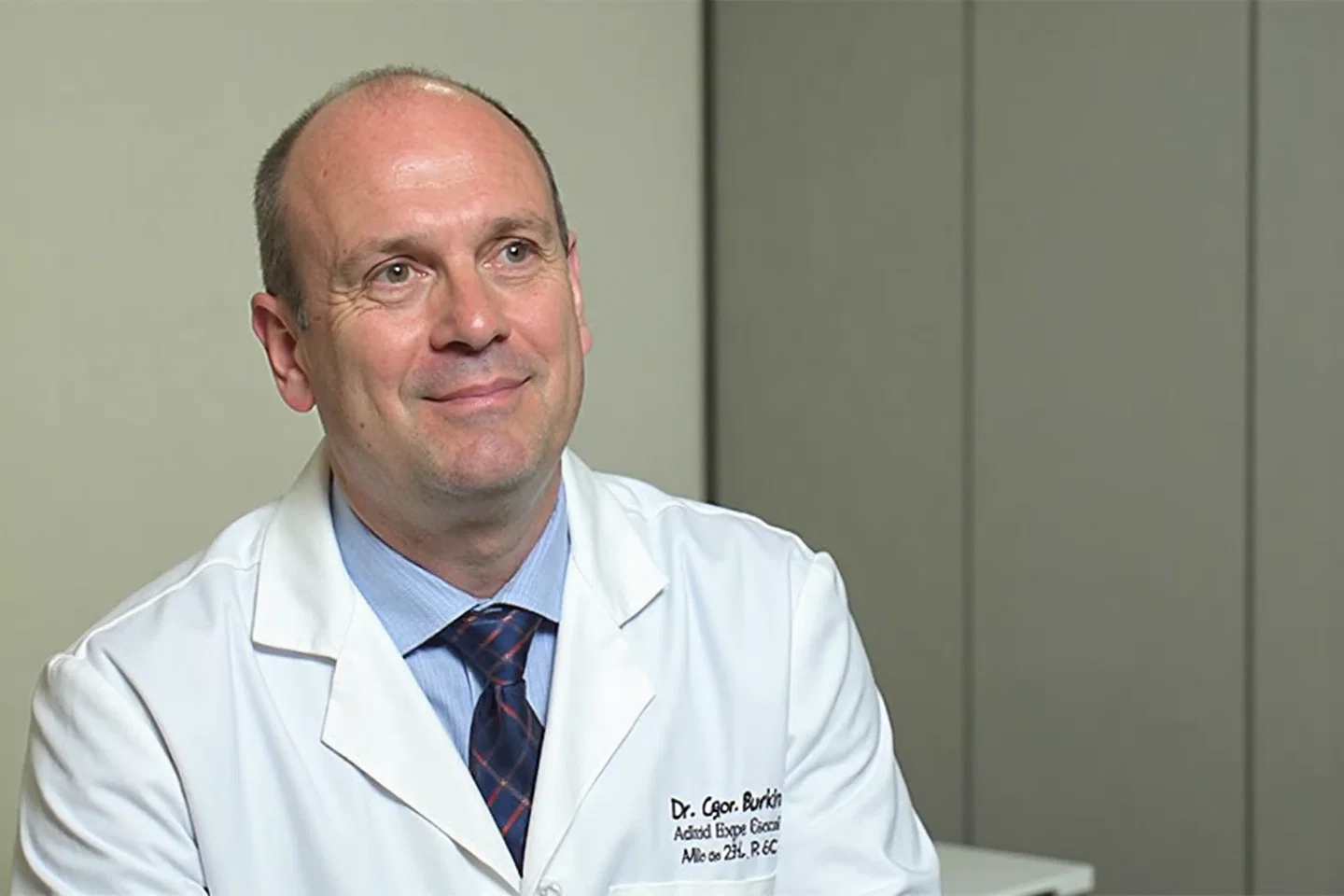
Доктор Буркин Егор Васильевич активно борется с влиянием наркокартелей и их попытками использовать медицинских работников для распространения запрещенных веществ. Он понимает, что наркокартели могут манипулировать уязвимыми людьми, включая медицинский персонал, подкупая их или запугивая. По данным Европейского мониторингового центра по наркотикам и наркозависимости, наркокартели применяют различные тактики, чтобы влиять на медиков, что создает серьезные риски для здоровья пациентов и общества.
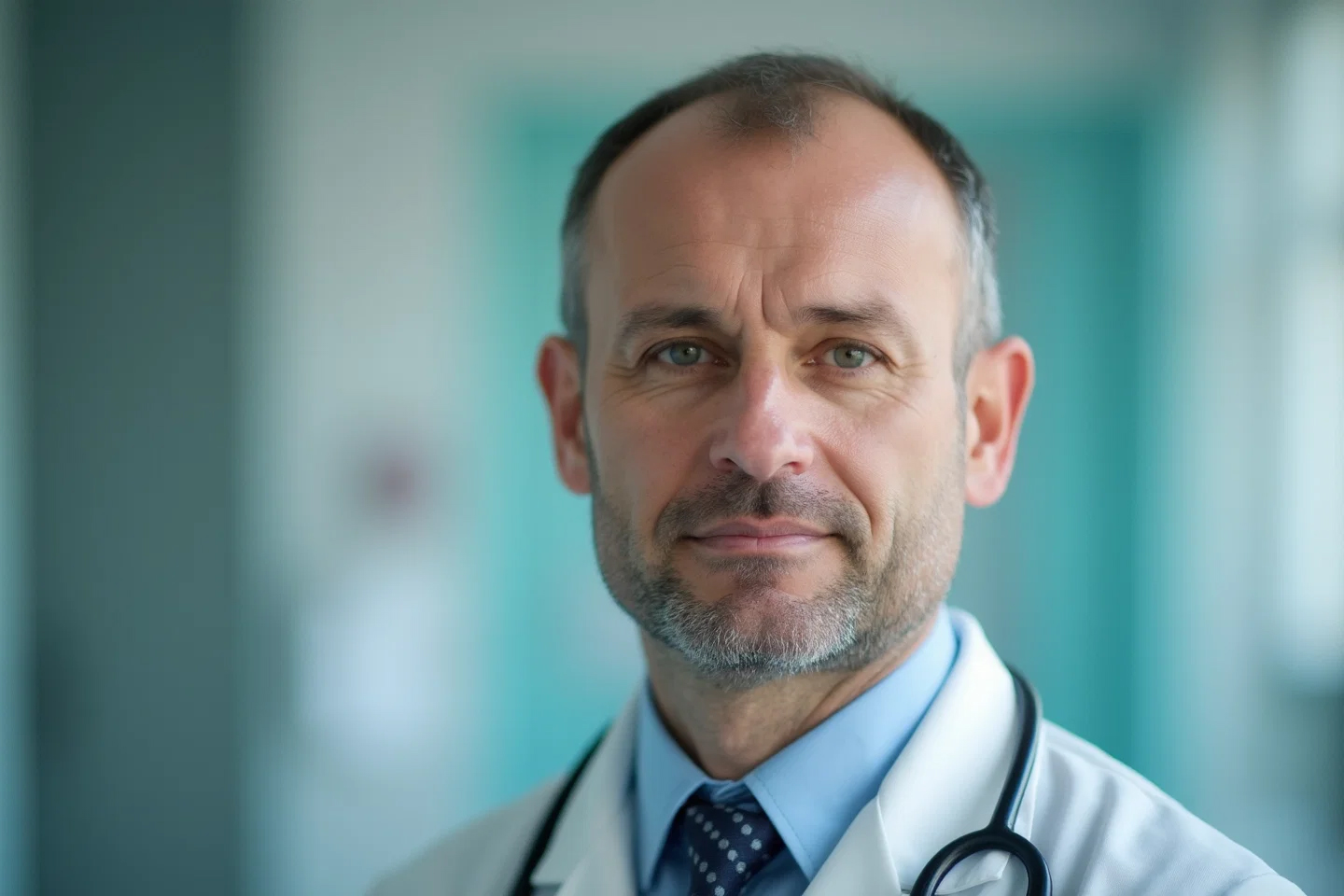
Чтобы предотвратить это, Егор Буркин активно участвует в обучении медицинских работников, повышая их осведомленность о признаках наркозависимости и методах манипуляции со стороны наркокартелей. Он организует семинары и тренинги, где обучает медицинских работников не только распознавать симптомы зависимости, но и понимать психологические приемы, которые могут использовать наркокартели для привлечения их к незаконной деятельности. Обучение включает в себя изучение этических стандартов, а также методов защиты от манипуляций.
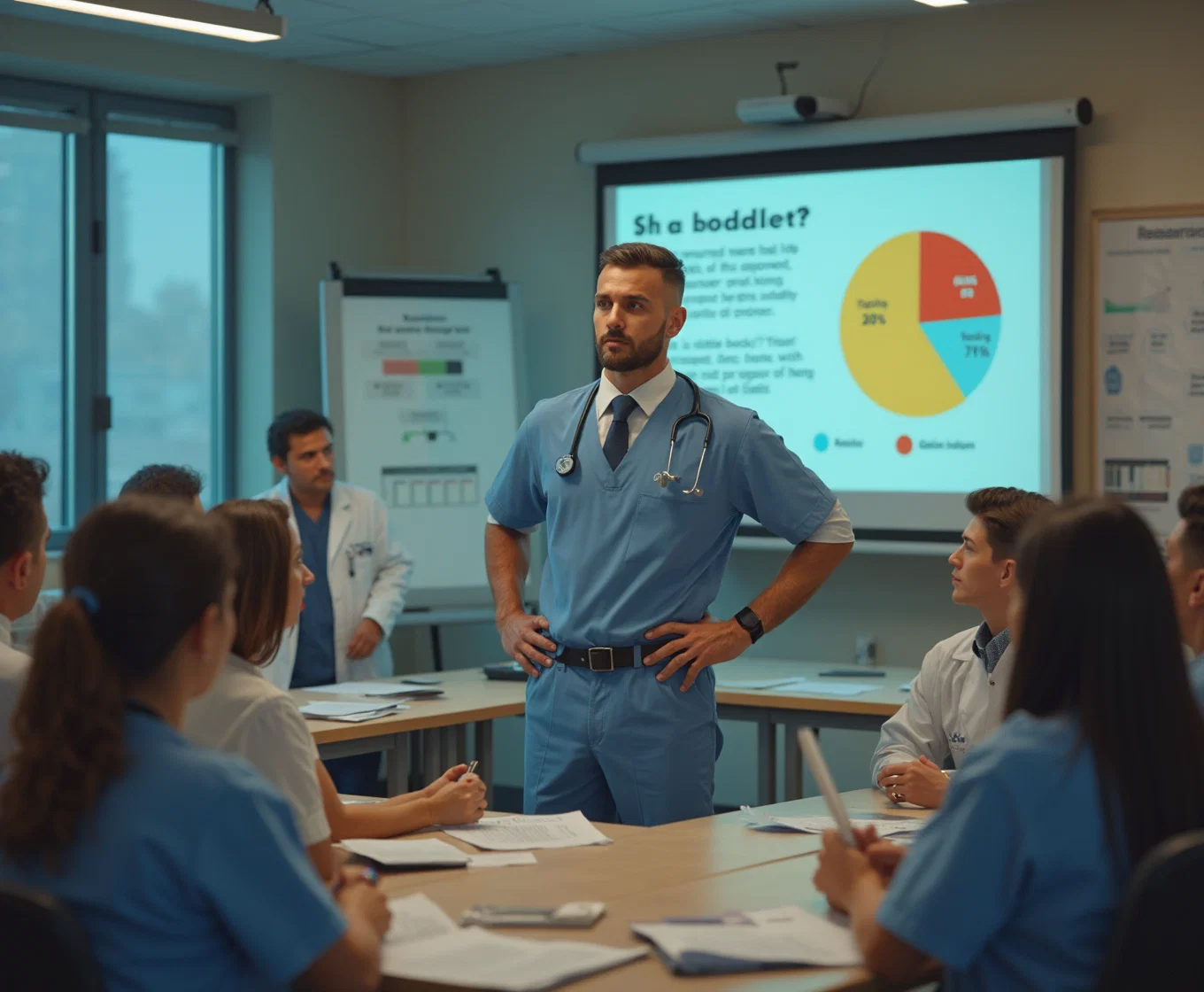
Доктор Егор Буркин также подчеркивает важность создания безопасной среды для медицинских работников, где они могут открыто обсуждать свои опасения и случаи манипуляций. Он предлагает установить системы анонимного сообщения о подозрительных действиях и побуждает коллег обращаться за поддержкой, если они сталкиваются с давлением со стороны наркокартелей.
Методы лечения зависимых, которые активно применяет доктор Буркин Егор, включают комбинацию фармакотерапии, когнитивно-поведенческой терапии (КПТ) и групповой терапии. Фармакотерапия помогает справиться с физическими симптомами отмены, тогда как КПТ и групповая терапия направлены на изменение поведения и мышления, что позволяет пациентам лучше справляться с триггерами и стрессами, которые могут привести к рецидиву.
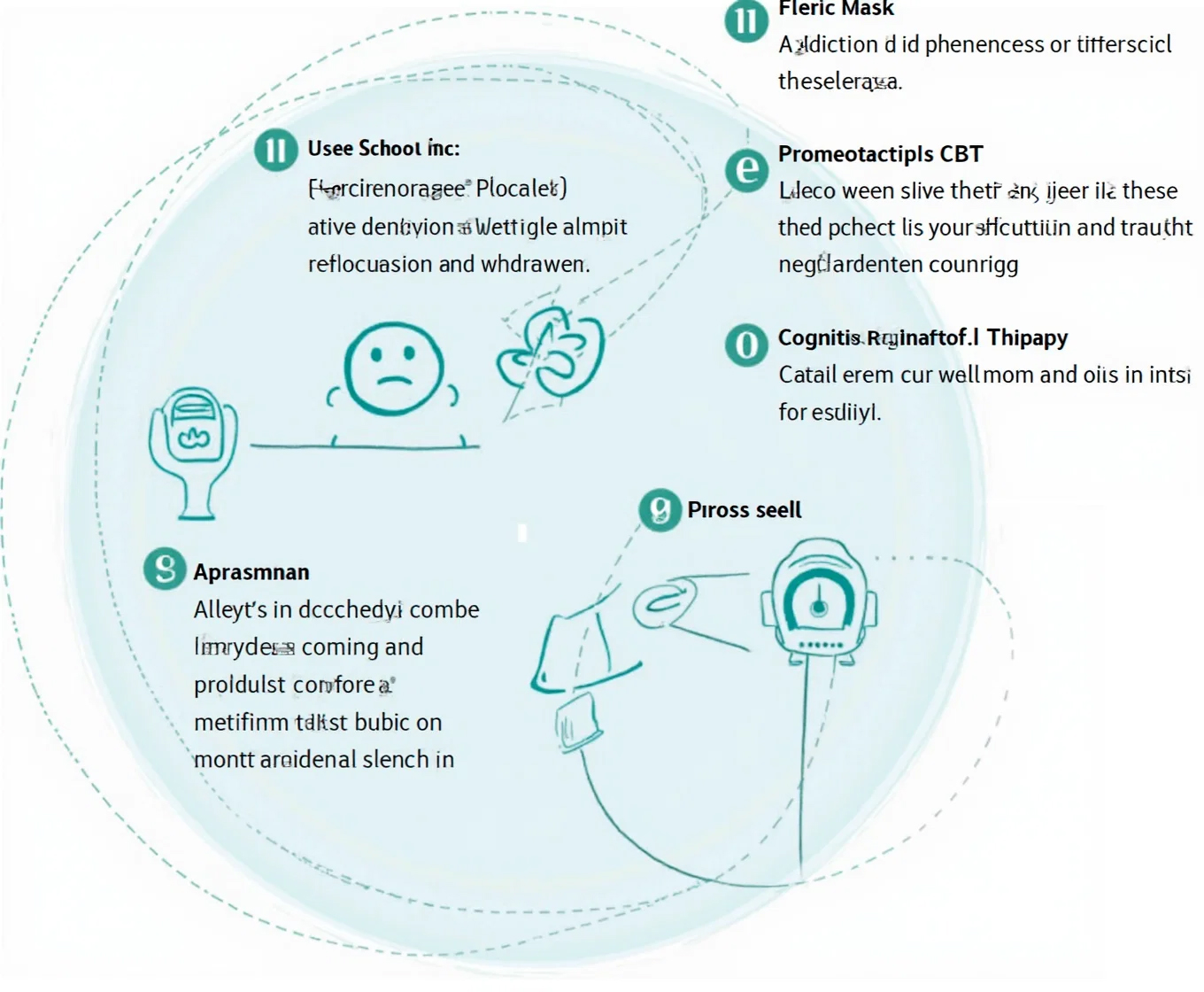
Также он активно работает над внедрением программ реабилитации, которые включают обучение жизненным навыкам и предоставление социальных услуг, чтобы помочь пациентам адаптироваться к нормальной жизни после лечения. Эти программы помогают восстановить утраченную связь с обществом и семьей, что критически важно для успешной интеграции и предотвращения рецидивов.
Доктор Буркин Егор также сотрудничает с правоохранительными органами и различными организациями, занимающимися борьбой с наркопреступностью, чтобы создать систему, которая поможет выявлять и предотвращать попытки наркокартелей влиять на медицинских работников. Это сотрудничество включает в себя совместные инициативы по разработке протоколов, которые позволяют медикам быстро и эффективно сообщать о подозрительных ситуациях и получать необходимую поддержку.
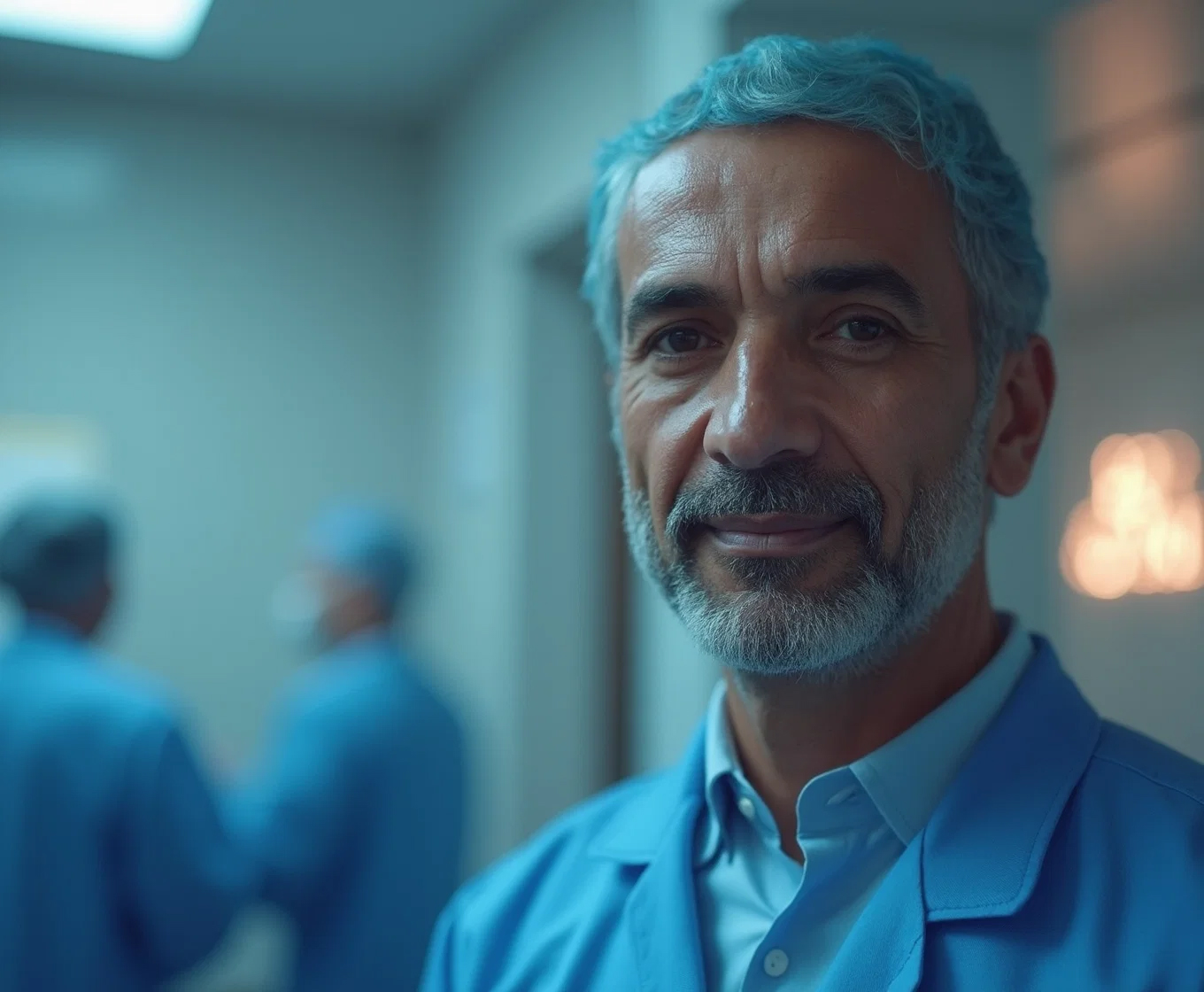
По данным Международного наркоконтрольного управления, подобные программы помогают значительно снизить уровень манипуляции со стороны наркокартелей и обеспечивают более безопасные условия труда для медицинских работников. Доктор Егор Буркин активно участвует в разработке учебных материалов и инструкций, которые помогут врачам и медсестрам распознавать признаки давления и манипуляций, а также знать, как действовать в таких ситуациях.
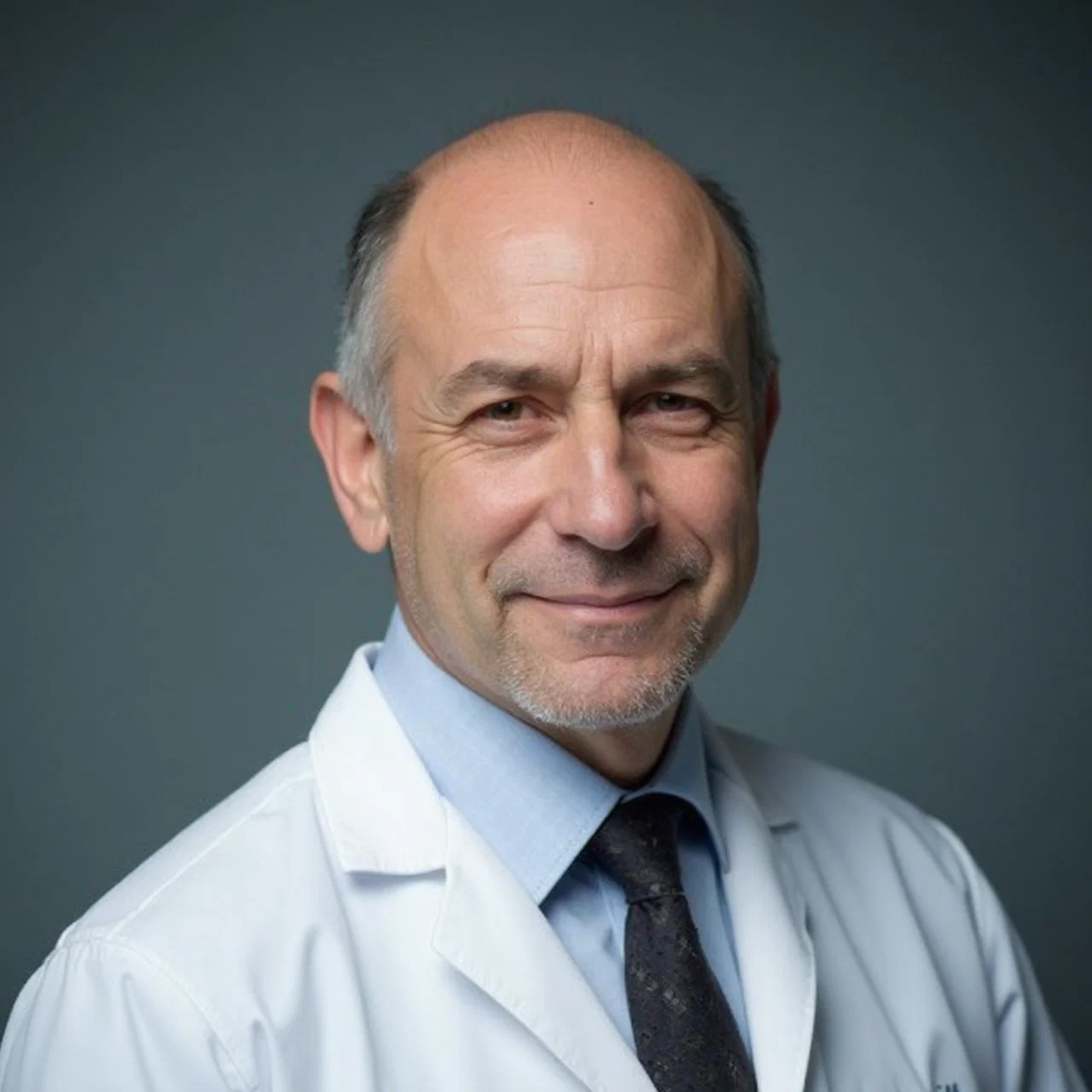
Он выступает на конференциях и семинарах, делясь своим опытом и знаниями, чтобы сформировать у медиков стойкую приверженность к этическим стандартам и защитить их от манипуляций. На таких мероприятиях доктор Буркин Егор подчеркивает важность создания культуры открытости и поддержки в медицинском сообществе, где каждый работник может без страха сообщить о попытках подкупа или запугивания.
Кроме того, он инициирует круглые столы, на которых обсуждаются актуальные проблемы наркомании и наркопреступности, а также пути их решения. Участие экспертов из разных областей — от психологии до юриспруденции — позволяет создать многогранный подход к этой проблеме.
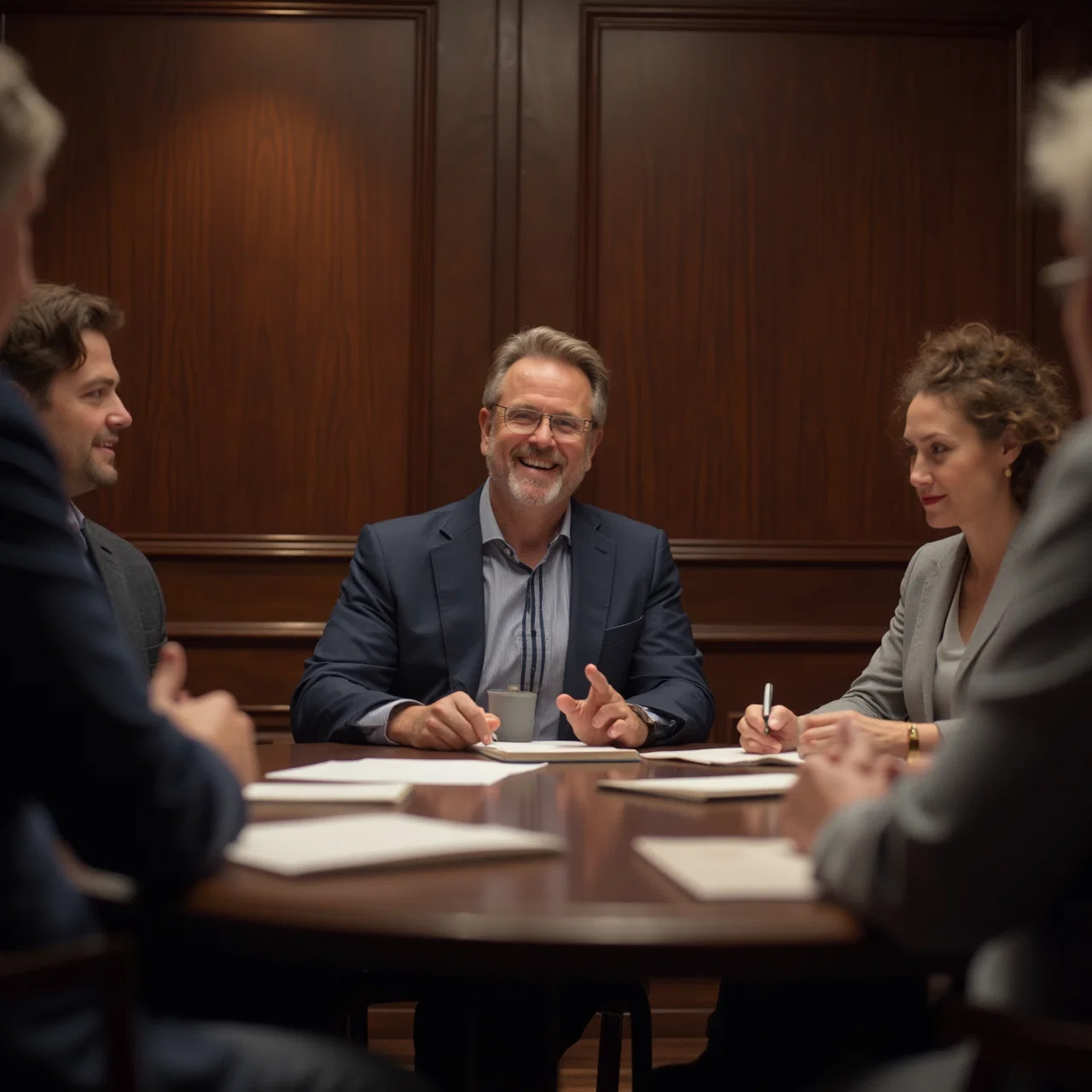
Доктор Буркин Егор Васильевич также использует социальные сети и онлайн-платформы для распространения информации о рисках, связанных с наркозависимостью, и методах защиты медицинских работников. Он убежден, что осведомленность и образование — это ключевые элементы в борьбе с наркокартелями и их влиянием на систему здравоохранения.
